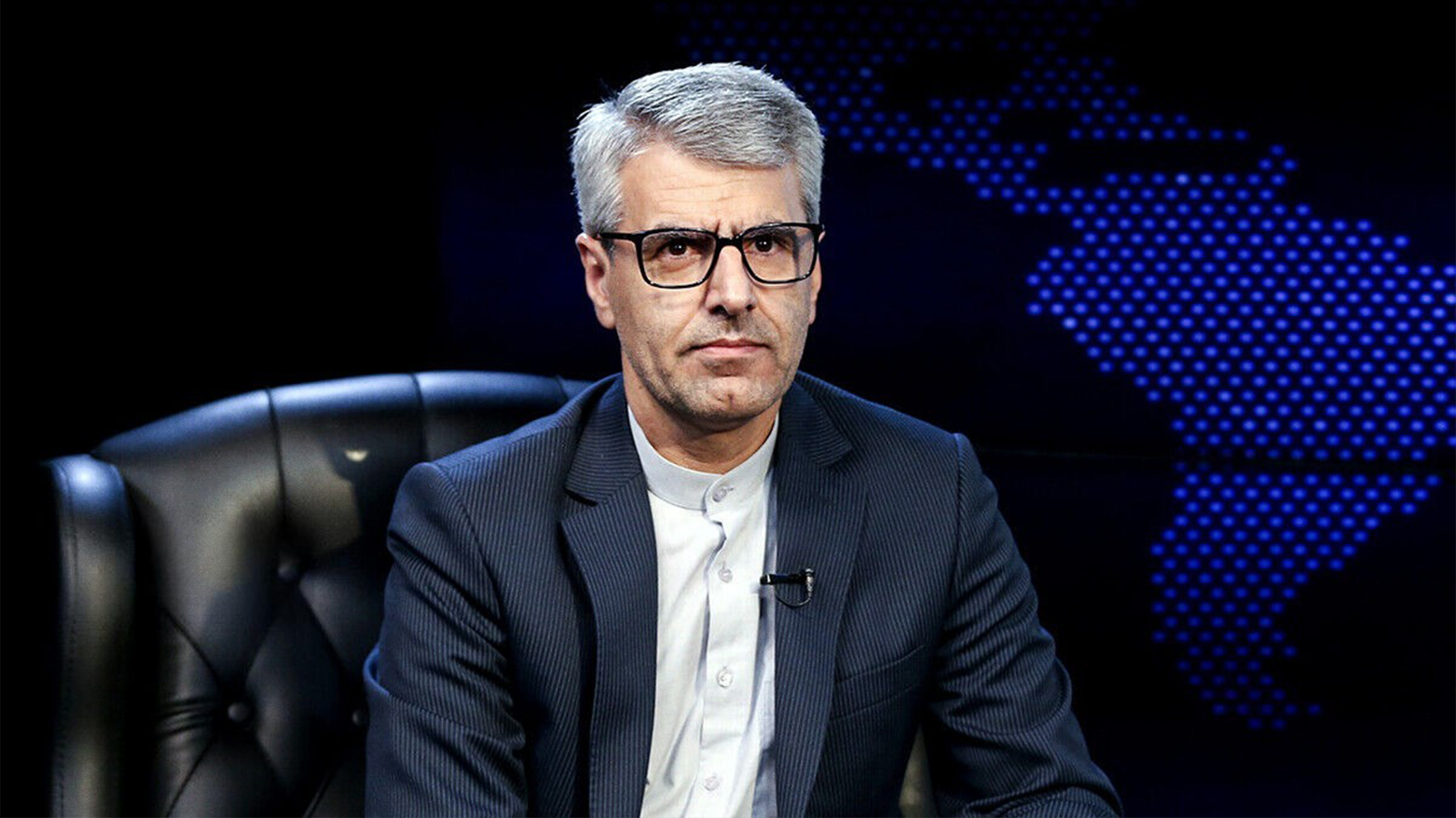Iran Agrees to New Nuclear Talks with Europe Amid Sharp Rebuke of E3
Iran confirms new nuclear talks with E3 nations in Istanbul, but the meeting is preceded by a letter from its foreign minister accusing the European powers of losing all legal and moral standing within the JCPOA, creating a deeply tense diplomatic atmosphere.

By Kamaran Aziz
ERBIL (Kurdistan24) – In a significant diplomatic development, Iran announced on Monday its agreement to a new round of nuclear negotiations with European powers, even as Tehran’s foreign minister leveled severe accusations against the same countries, asserting they have lost all legal and moral legitimacy within the framework of the 2015 nuclear accord.
The confirmation of the upcoming talks in Istanbul was delivered by Esmaeil Baqaei, the spokesperson for Iran’s Ministry of Foreign Affairs, who framed the meeting as a response to a European request.
“In response to a request from European countries, Iran has agreed to hold a new round of negotiations with representatives of the three European member states of the JCPOA,” Baqaei stated in an interview with Mizan Online News Agency.
He provided specific details for the high-level engagement, confirming the meeting is scheduled for this Friday in Istanbul. The discussions will be held at the deputy foreign minister level, with Iran being represented by Majid Takht-Ravanchi and Kazem Gharibabadi. “The topic of the discussions between Iran and the three European countries will be Iran's nuclear program,” Baqaei added, leaving no ambiguity about the agenda.
The spokesperson noted that this upcoming meeting marks the fifth set of negotiations held with the European trio—France, the United Kingdom, and Germany (E3)—under the current Iranian administration. “Under the 14th administration, four rounds of negotiations with the three European members of the JCPOA (France, the UK, and Germany) have been held so far, in New York, Geneva, Istanbul, and Geneva, respectively,” he said, contextualizing the talks as part of an ongoing, if fraught, diplomatic process.
Baqaei also made a clear distinction regarding the scope of these discussions, emphasizing their separation from any dialogue involving Washington. “The Iran-Europe talks are held separately from the indirect negotiations with the United States,” he remarked.
However, this agreement to meet comes against a backdrop of profound mistrust and recent diplomatic confrontation, articulated in a blistering letter from Iran’s Foreign Minister, Seyyed Abbas Araghchi. According to a report from the IRIB News Agency on Sunday, Araghchi formally communicated to the highest levels of the international community his government's position that the E3 have forfeited their rights under the Joint Comprehensive Plan of Action (JCPOA) and related UN resolutions.
In a letter addressed to UN Secretary-General António Guterres, the President of the Security Council, EU High Representative Ms. Kaja Kallas, and all members of the UN Security Council, Araghchi detailed why, in Tehran’s view, the European powers are in no position to trigger mechanisms within the accord, such as the "snapback" of sanctions.
"I explained my reasons why the three European countries lack any legal, political, or moral legitimacy to activate the mechanisms of the JCPOA and Security Council Resolution 2231," Araghchi wrote.
The foreign minister argued that the E3’s actions and statements have fundamentally disqualified them. He contended that they "have effectively lost their status as a 'participant' in the JCPOA" due to a series of alleged violations. Among the chief complaints listed were their "political and material support for the recent illegal and unjustified military aggression by the Israeli regime and the United States," their "violating the fundamental principles of the JCPOA," and their "continuous and long-standing failure to fulfill their commitments."
Consequently, Araghchi stated, "any attempt by them to revive the annulled Security Council resolutions is invalid and legally void."
In his detailed letter, Araghchi also defended Iran's own gradual steps away from its nuclear commitments under the deal. He framed these actions as legally sound "remedial measures" taken only after the unilateral withdrawal of the United States from the agreement. Iran, he explained, "first fully exhausted all dispute resolution mechanisms stipulated in the agreement" before beginning its response in accordance with paragraph 36 of the JCPOA.
He further accused the European nations of not only failing to provide the economic relief promised under the deal but of actively working against Iran's interests. "The three European countries (E3) not only failed to adhere to their commitments but also actively participated in implementing the so-called 'maximum pressure' policy of the United States and have also recently played a role in the military aggression against our people," Araghchi wrote, adding pointedly, "Actors with such a track record can never claim 'good faith.'"
Turning the tables on the European powers, Iran's top diplomat cautioned them against damaging the integrity of the very international body they might seek to leverage. "The three European countries cannot and should not be allowed to undermine the credibility of the UN Security Council by misusing a resolution to which they themselves have not adhered," he warned.
In a sharp rhetorical maneuver, he quoted the E3's own past advice, which they had directed at the United States in a letter dated August 20, 2020, urging that they "should refrain from any action that would deepen divisions in the Security Council or have a serious negative impact on its functioning."
Despite the harsh critique, Araghchi’s letter concluded with a dual message of deterrence and diplomacy, signaling that while Iran is prepared for confrontation, the door to negotiation remains open. "As I emphasized in my letter: Iran has shown that it has the ability to counter any 'dirty work' born of delusion, but it has always been prepared to reciprocate meaningful, good-faith diplomacy."
As representatives prepare to gather in Istanbul, the talks will proceed under the heavy shadow of these unresolved grievances, with Iran's agreement to sit down being tempered by its fundamental challenge to the legitimacy of its European negotiating partners.